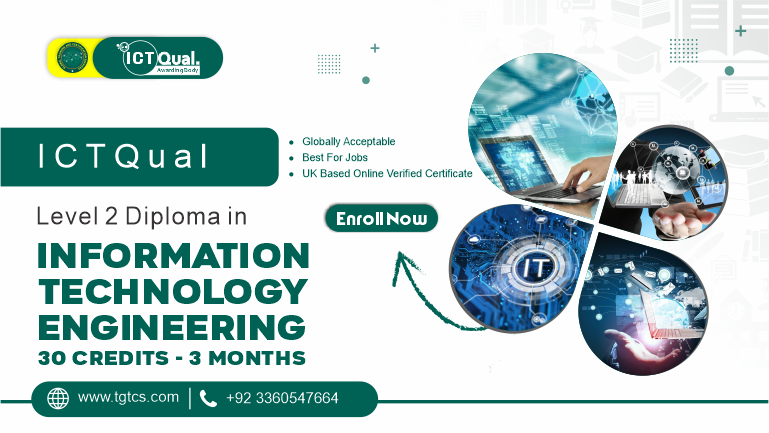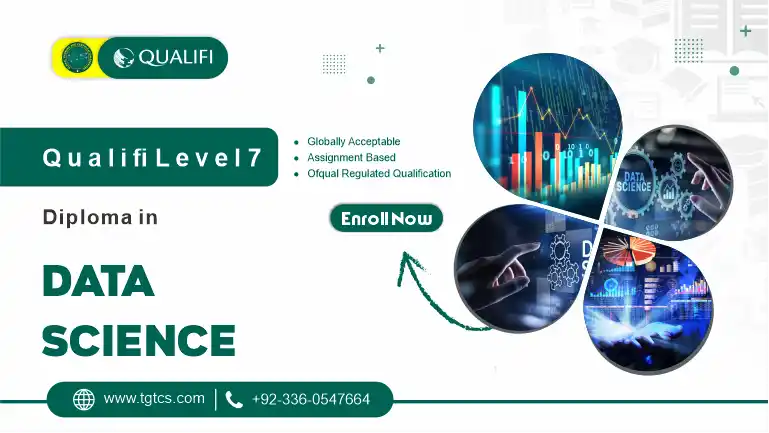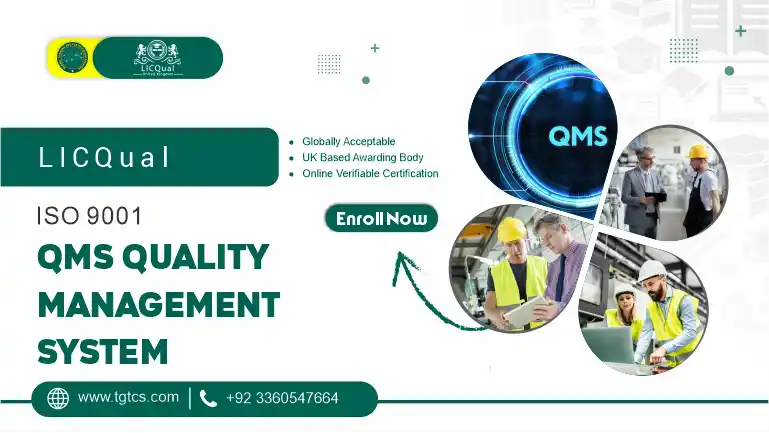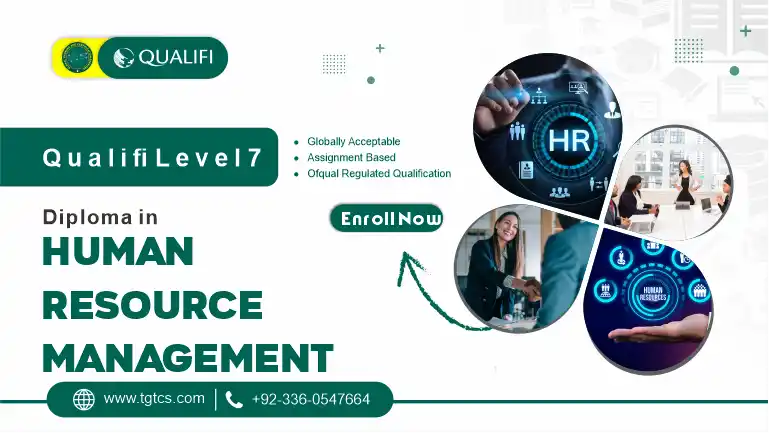LICQual Level 3 International Diploma in Disaster Management
The LICQual Level 3 International Diploma in Disaster Management is designed for professionals who aspire to play a crucial role in mitigating risks and responding effectively to emergencies. This comprehensive qualification provides the knowledge and tools necessary to navigate the complexities of disaster management, making you an invaluable asset to any organization.
The LICQual Level 3 International Diploma in Disaster Management is a recognized qualification that focuses on the principles and practices of managing disasters and emergencies. It covers essential topics such as risk assessment, emergency response planning, and recovery strategies, equipping learners with the skills needed to handle various disaster scenarios.
The LICQual Level 3 International Diploma in Disaster Management is your gateway to advancing your career in this vital field. By mastering the principles and practices of disaster management, you will be equipped to make a meaningful impact in your organization and community.
The course provides valuable networking opportunities with fellow participants and industry professionals. Engaging with peers can lead to collaboration on future projects and enhance your professional network within the disaster management community.
Completing this diploma can also contribute to your Continuing Professional Development (CPD) requirements, allowing you to maintain and enhance your professional skills in disaster management and related areas.
The Global Training and Certification Services (TGTCS) is Directly Approved Training Centre of LICQual
The LICQual Level 3 International Diploma in Disaster Management is a comprehensive qualification designed for professionals aspiring to excel in the field of disaster management. This diploma equips learners with the essential knowledge and skills to effectively assess, prepare for, respond to, and recover from various disaster scenarios, whether they be natural, technological, or human-made.
The course covers critical topics such as risk assessment and analysis, emergency preparedness planning, response coordination, and recovery strategies. Through a blend of theoretical learning and practical application, participants engage with real-world case studies, simulations, and collaborative exercises, enhancing their understanding of current best practices in disaster management.
Designed for a diverse audience—including disaster management professionals, public safety officials, humanitarian workers, and students—the program offers flexible learning options, including online and in-person formats. Participants benefit from expert instruction, networking opportunities, and ongoing support, positioning them for advancement in their careers.
Upon successful completion, graduates receive the internationally recognized LICQual Level 3 International Diploma in Disaster Management, a credential that enhances professional credibility and opens doors to various career opportunities within the disaster management and emergency response sectors. This diploma not only prepares individuals to manage crises effectively but also empowers them to contribute to community resilience and safety on a global scale.
Mandatory Units
Unit 1. Disaster Management: A Helicopter View
Unit 2. Disaster Mitigation
Unit 3. Disaster Preparedness
Unit 4. Disasters Response
Unit 5. Disaster Recovery
Unit 6. Information Technology in Disaster Management
Upon successful completion of the LICQual Level 3 International Diploma in Disaster Management, participants will be able to:
- Understand Disaster Management Principles: Articulate the key concepts, frameworks, and principles of disaster management, including the roles of various stakeholders.
- Conduct Risk Assessments: Identify and assess potential risks and vulnerabilities in different contexts, using appropriate tools and methodologies.
- Develop Emergency Preparedness Plans: Create comprehensive emergency preparedness plans that outline response protocols, resource allocation, and communication strategies.
- Coordinate Response Efforts: Demonstrate the ability to coordinate and manage disaster response activities effectively, ensuring collaboration among agencies and stakeholders.
- Implement Recovery Strategies: Design and implement recovery plans that address immediate needs and support long-term community resilience and rehabilitation.
- Communicate Effectively: Develop effective communication strategies for conveying risk and emergency information to diverse audiences, including the public and emergency services.
- Apply Case Study Insights: Analyze case studies to extract lessons learned and best practices, applying this knowledge to real-world disaster management scenarios.
- Enhance Organizational Resilience: Propose strategies that enhance organizational and community resilience in the face of disasters, focusing on prevention and mitigation efforts.
- Engage in Continuous Improvement: Recognize the importance of monitoring and evaluating disaster management practices for continuous improvement and adaptation to new challenges.
- Demonstrate Professional Competence: Exhibit the skills and knowledge necessary to function effectively in disaster management roles, contributing positively to emergency response initiatives.
Benefits of the LICQual Level 3 International Diploma in Disaster Management:
Comprehensive Knowledge: Gain a deep understanding of disaster management principles, practices, and frameworks, equipping you with the skills to effectively assess and respond to emergencies.
Practical Application: Engage in real-world case studies and simulations that enhance your ability to apply theoretical concepts in practical situations, preparing you for actual disaster scenarios.
Career Advancement: This internationally recognized qualification enhances your professional credibility, making you a more attractive candidate for advanced roles in disaster management and emergency services.
Networking Opportunities: Connect with fellow participants and industry professionals, building valuable relationships that can lead to collaboration and career growth in the field of disaster management.
Flexible Learning Options: Choose between online and in-person learning formats, allowing you to tailor your study schedule to fit your personal and professional commitments.
Expert Instruction: Learn from experienced instructors who bring real-world insights and best practices, enriching your understanding of current trends and challenges in disaster management.
Enhanced Organizational Resilience: Develop skills that enable organizations to create effective disaster response and recovery plans, contributing to overall organizational resilience.
Holistic Skill Development: Improve not only your technical knowledge in disaster management but also your soft skills, such as communication, leadership, and critical thinking.
Continuous Professional Development: This diploma contributes to your ongoing professional development, helping you stay current with industry standards and practices.
Positive Community Impact: Equip yourself to make meaningful contributions to your community by enhancing its preparedness and resilience in the face of disasters.
The ideal learner for the LICQual Level 3 International Diploma in Disaster Management typically possesses the following characteristics:
- Aspiring Disaster Management Professionals: Individuals looking to enter the field of disaster management and seeking foundational knowledge and skills.
- Current Practitioners: Professionals already working in emergency services, public safety, or humanitarian roles who want to enhance their expertise and advance their careers.
- Public Safety Officials: Personnel in law enforcement, fire services, or public health who need to develop a deeper understanding of disaster response and recovery.
- Nonprofit and Humanitarian Workers: Individuals involved in disaster relief efforts seeking to improve their effectiveness and coordination during crises.
- Students and Recent Graduates: Those studying or recently graduated in related fields, such as environmental science, emergency management, or public administration, aiming to specialize in disaster management.
- Organizational Leaders: Managers and executives in various sectors interested in understanding disaster preparedness and response to enhance organizational resilience.
- Community Volunteers: Active community members or volunteers engaged in local disaster preparedness initiatives who wish to formalize their knowledge and skills.
- Lifelong Learners: Individuals committed to continuous professional development and keen to stay updated on the latest trends and best practices in disaster management.
By targeting these learners, the course ensures that participants are motivated and well-prepared to apply their new skills effectively, enhancing their impact in the field of disaster management.
The LICQual Level 3 International Diploma in Disaster Management follows a structured feature progression that guides learners through essential concepts and practical applications. This progression ensures a comprehensive understanding of disaster management, enabling participants to develop the skills necessary for effective emergency response and recovery. Here’s how the course unfolds:
- Introduction to Disaster Management
- Foundational Concepts: Learners start by exploring the fundamental principles of disaster management, including definitions, types of disasters, and key terminology.
- Frameworks and Models: Understanding various disaster management frameworks and models, including international standards and best practices.
- Risk Assessment and Analysis
- Identifying Risks: Participants learn how to identify potential hazards and assess vulnerabilities within communities and organizations.
- Analytical Techniques: Instruction in both qualitative and quantitative risk assessment methods, preparing learners to evaluate the likelihood and impact of various disasters.
- Emergency Preparedness Planning
- Developing Plans: Focus on creating effective emergency preparedness plans tailored to specific organizational or community needs.
- Training and Drills: Emphasis on the importance of training personnel and conducting drills to ensure readiness for potential disasters.
- Response Coordination
- Crisis Management: Techniques for coordinating response efforts among different agencies and stakeholders during a disaster.
- Resource Management: Strategies for effective resource allocation, logistics, and communication in emergency situations.
- Recovery and Rehabilitation Strategies
- Post-Disaster Recovery: Exploring methods for restoring services and infrastructure after a disaster, including long-term recovery planning.
- Building Resilience: Understanding how to enhance community resilience to reduce future vulnerabilities and improve recovery outcomes.
- Case Studies and Best Practices
- Real-World Applications: Engaging with case studies that highlight successful disaster management efforts and lessons learned from past incidents.
- Critical Analysis: Encouraging critical thinking by analyzing what worked well and what could have been improved in various scenarios.
- Communication and Stakeholder Engagement
- Effective Communication: Developing skills to communicate risk and response strategies clearly to diverse audiences, including the public and media.
- Stakeholder Collaboration: Learning how to foster collaboration among stakeholders, including government agencies, NGOs, and community groups.
- Monitoring and Evaluation
- Assessing Effectiveness: Techniques for monitoring and evaluating disaster management plans and responses to identify strengths and areas for improvement.
- Continuous Improvement: Encouraging a mindset of continuous learning and adaptation in disaster management practices.
- Capstone Project or Assessment
- Practical Application: A final project or assessment that requires participants to apply their knowledge and skills in a comprehensive disaster management scenario, integrating all elements of the course.
Course Overview
Course Level
Level 3
Course Units
06 Mandatory Units
Duration
06 to 12 Months






